North Carolina renewable Ocean Energy Program
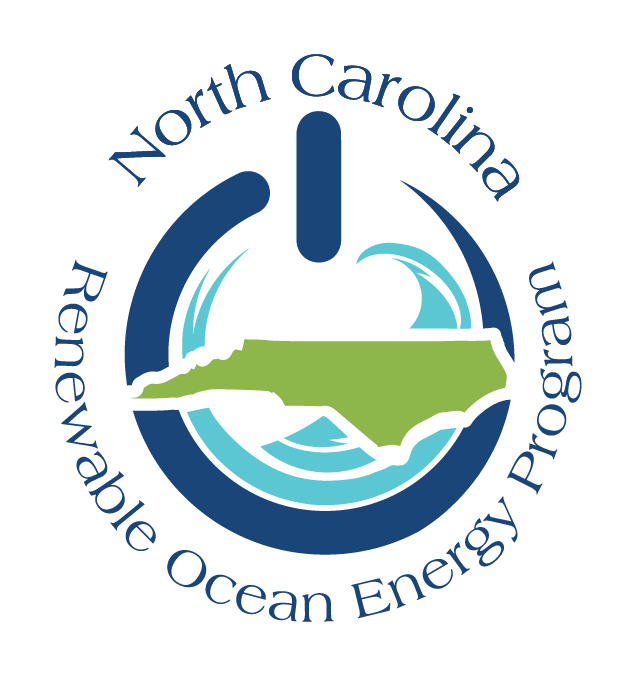
Who We Are
Based at the Coastal Studies Institute (CSI), the North Carolina Renewable Ocean Energy Program (NCROEP) advances inter-disciplinary marine energy solutions across UNC System partner colleges of engineering at NC State University, UNC Charlotte, and NC A&T University.
NCROEP Mission
Use renewable ocean energy wisely to effectively and economically power North Carolina’s Blue Economy and in the process create jobs and economic opportunities.
NCROEP Vision
North Carolina is a recognized leader in marine renewable energy design, development, and deployment solutions.
Strategic Priorities
NCROEP aims to:
- Advance interdisciplinary research & collaboration to bring new ocean energy technologies to clean energy market.
- Promote testing & validation to improve efficiency, reliability, & reduce the operation and maintenance costs of ocean energy solutions.
- Inspire innovation, stewardship, and Blue Economy development through public & academic engagement.
- Lead holistic environmental assessments for the development of regulatory guidelines for responsible ocean energy advancement.
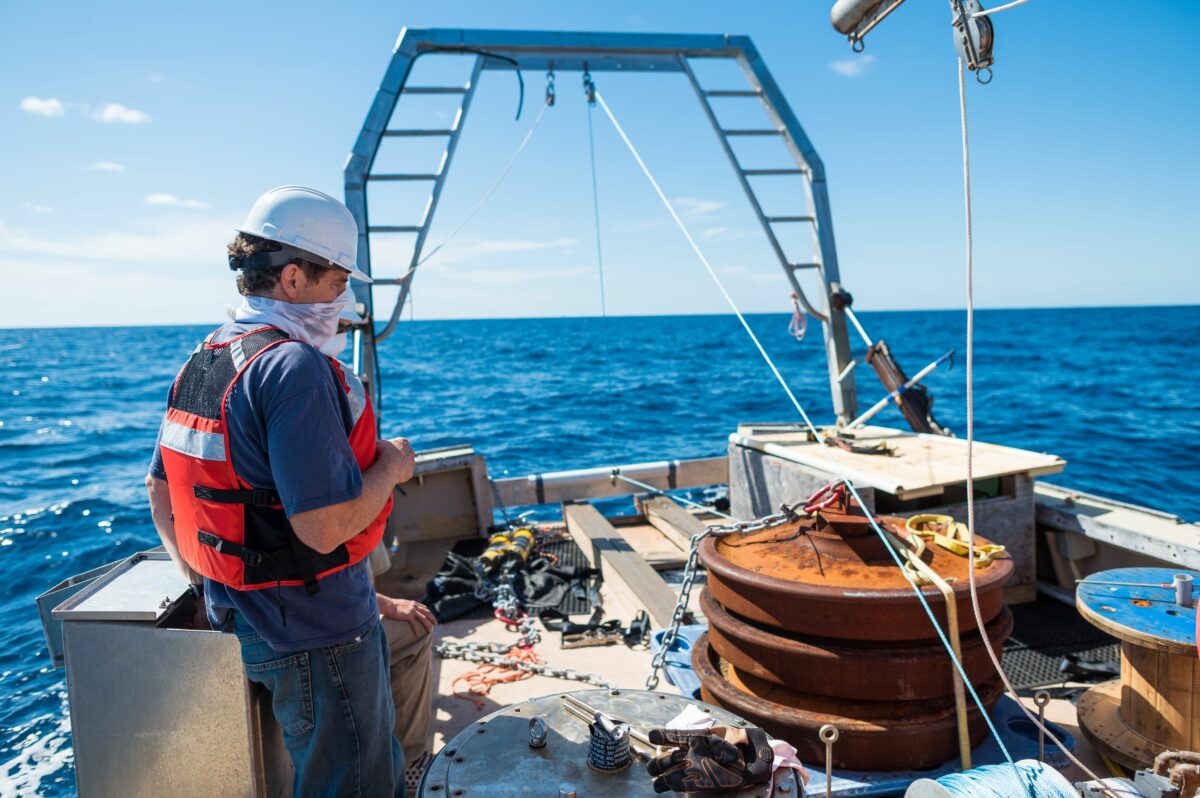
Current Research & Projects
NCROEP is currently funding 18 inter-disciplinary marine energy research projects across partner institutions, as well as ongoing marine energy resource and environmental assessments. NCROEP researchers are leading advanced research efforts in over $5.3 million in externally funded marine energy projects.
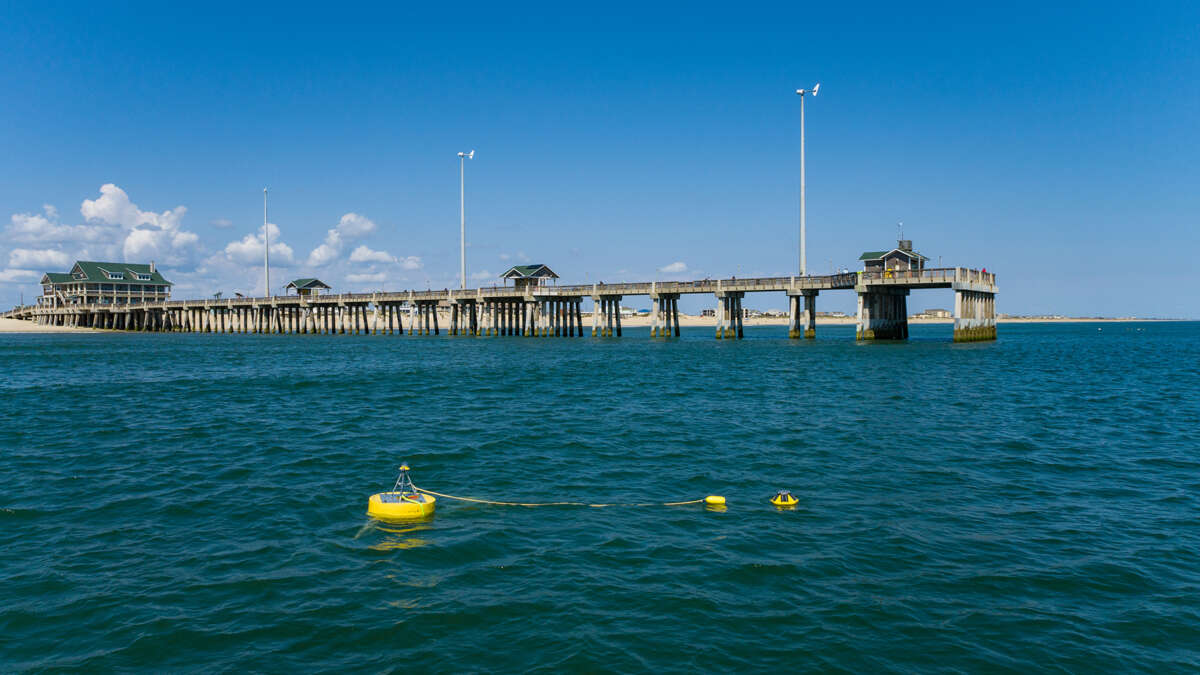
In preparation for the final DRINK stage, the Waves to Water team successfully deployed a test article that was anchored off of Jennette’s Pier for five days in April 2021.
CSI & NCROEP are also partnering with the U.S. Department of Energy (DOE) for two multi-year projects.
Energy Transitions Initiative Partnership Project (ETIPP): Since 2020, CSI has been serving as one of six Community-Based Partners in advancing resilient, clean energy solutions for islands and remote communities.
American-Made Waves to Water Prize: CSI is a DOE partner in supporting the $2.5M contest to accelerate the development of small, modular, wave-powered desalination systems capable of providing potable drinking water in disaster relief scenarios and remote coastal locations. The final DRINK phase will be hosted at the NCROEP testing platform at Jennette’s Pier, Nags Head, NC in the spring of 2022.
Atlantic Marine Energy Center (AMEC): The Atlantic Marine Energy Center is a university-led consortium (UNH, CSI, ECU, Stonybrook and Lehigh University) designed to address the ongoing needs for research and development and testing to advance marine renewable energy technolgies towards commercialization and to develop solutions to power the blue economy.
Leadership
Director
Associate Director
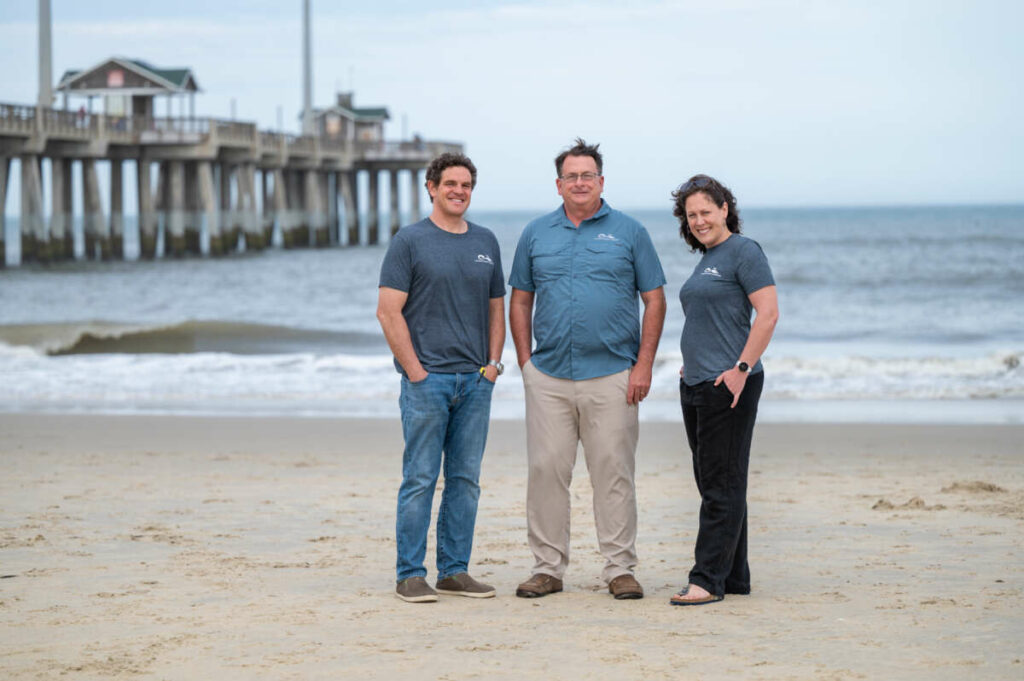
Technical Advisory Board
Richard Mercier, Director Texas A&M Offshore Technology Research Center
Jonathan Colby, Founder and President, Streamwise Development, LLC
John Hardin, Executive Director, NC Department of Commerce, Office of Science, Technology, & Innovation
Hank Lobe, Director, Severn Marine Technologies
Tim Mundon, Chief Engineer, Oscilla Power, Inc
Matthew Boys, Senior Financial Analyst, Dominion Energy
Local Testing Capabilities
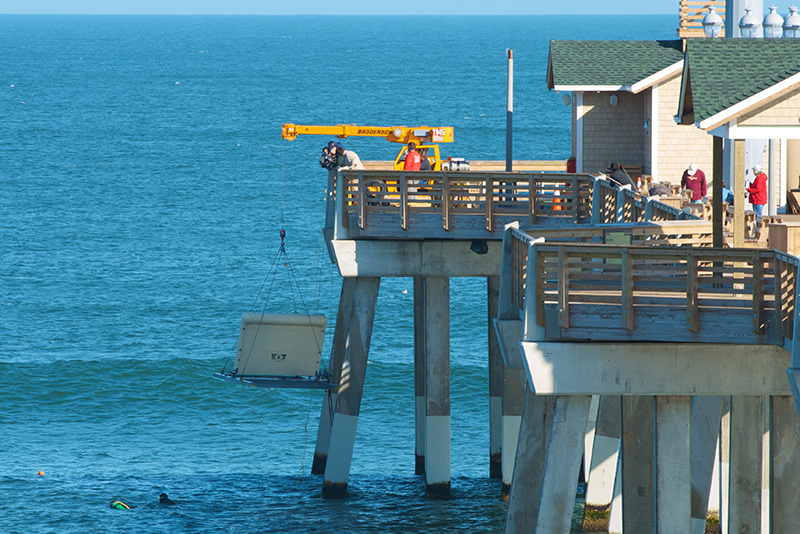
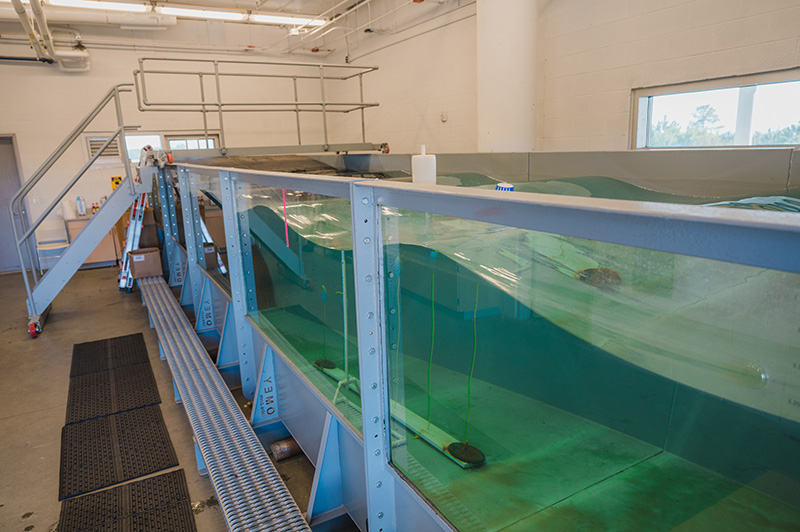
Recent Accomplishments & NCROEP News
- Lindsay Dubbs (NCROEP Associate Director) selected as U.S. Clean Energy Education & Empowerment (C3E) Initiative – 2020 Clean Energy Education Award Winner.
- Chelsea Wilson (NC A&T, NCROEP Researcher) selected as 2020 C3E Poster Award winner for research on Development of a Novel Oscillating Water Column Using Computational and Experimental Methods
- NC A&T NCROEP Researcher team selected as 2020 Marine Energy Collegiate Competition “Rising Star” Award.
CSI Internship OPENS Doors for ECU Student
An internship reflection by Cora McQuaid.I spent the past 8 months at the Coastal Studies Institute (CSI) in Manteo, North Carolina. As a freshman in East Carolina University’s “Semester at the Coast Program” I took an in-person field-based course on physical...
CSI Summer Camps See Successful Return
After a hiatus in 2020, the CSI summer camps were back and better than ever this summer! Each of the four sessions offered was quick to fill with 12-13 campers from all over the US. About one-third of the students attending each week were from the Outer Banks, while...
NCROEP Summer Internship Is Worthwhile Experience
An internship reflection by Vega Sproul.Over the past twelve weeks, I have had the pleasure of interning at CSI under George Bonner, Director of the North Carolina Renewable Ocean Energy Program (NCROEP).My role under George was ultimately to ultimately learn as much...

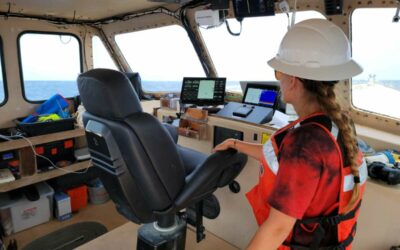
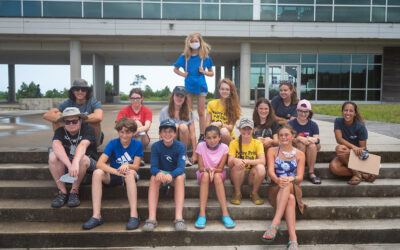


 Based at the Coastal Studies Institute (CSI), the North Carolina Renewable Ocean Energy Program (NCROEP) advances inter-disciplinary marine energy solutions across UNC System partner colleges of engineering at NC State University, UNC Charlotte, and NC A&T University. Click on the links below for more information.
Based at the Coastal Studies Institute (CSI), the North Carolina Renewable Ocean Energy Program (NCROEP) advances inter-disciplinary marine energy solutions across UNC System partner colleges of engineering at NC State University, UNC Charlotte, and NC A&T University. Click on the links below for more information. ECU's Integrated Coastal Programs (ECU ICP) is a leader in coastal and marine research, education, and engagement. ECU ICP includes the Coastal Studies Institute, ECU's Department of Coastal Studies, and ECU Diving and Water Safety.
ECU's Integrated Coastal Programs (ECU ICP) is a leader in coastal and marine research, education, and engagement. ECU ICP includes the Coastal Studies Institute, ECU's Department of Coastal Studies, and ECU Diving and Water Safety. The ECU Outer Banks campus is home to the Coastal Studies Institute.
The ECU Outer Banks campus is home to the Coastal Studies Institute.

